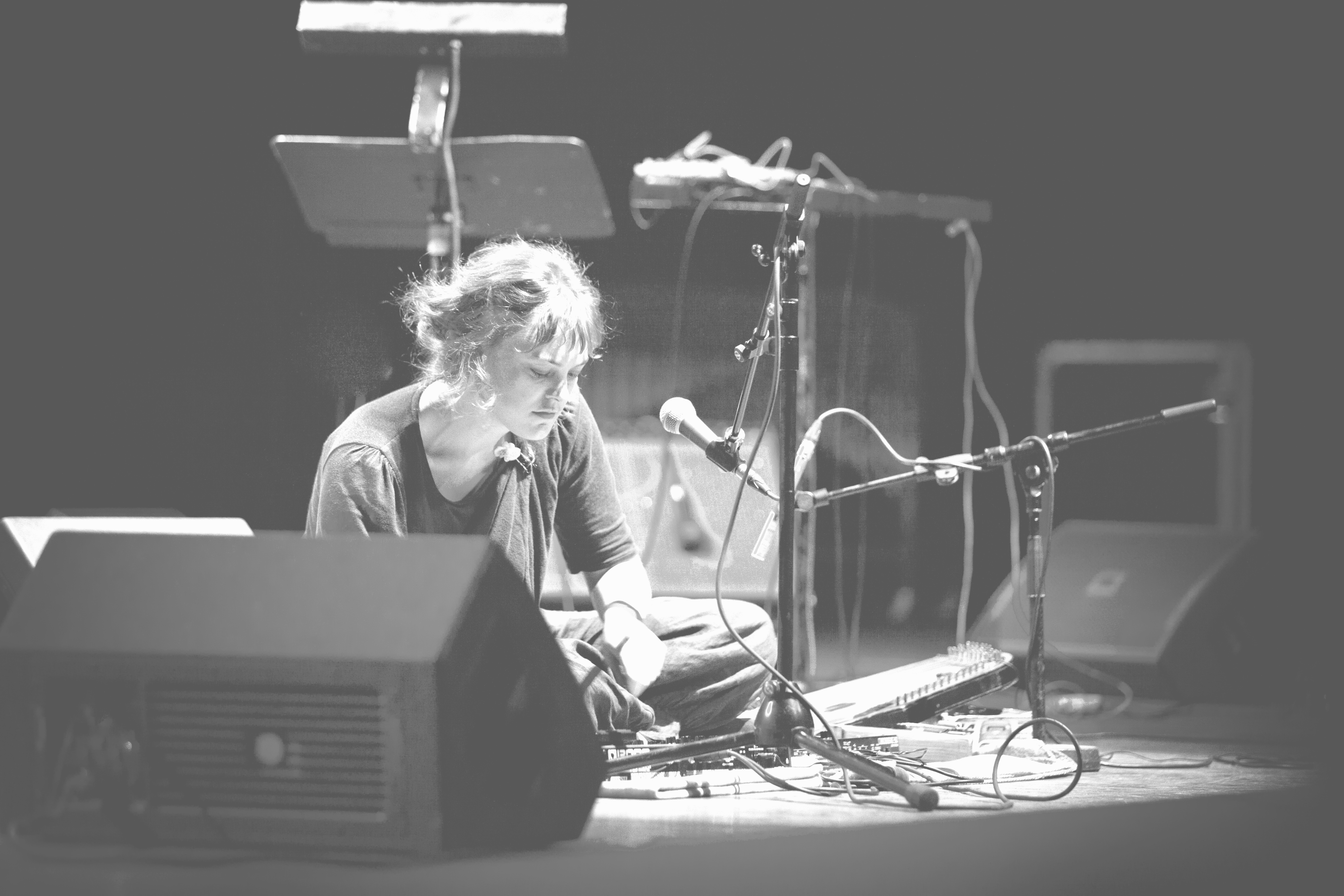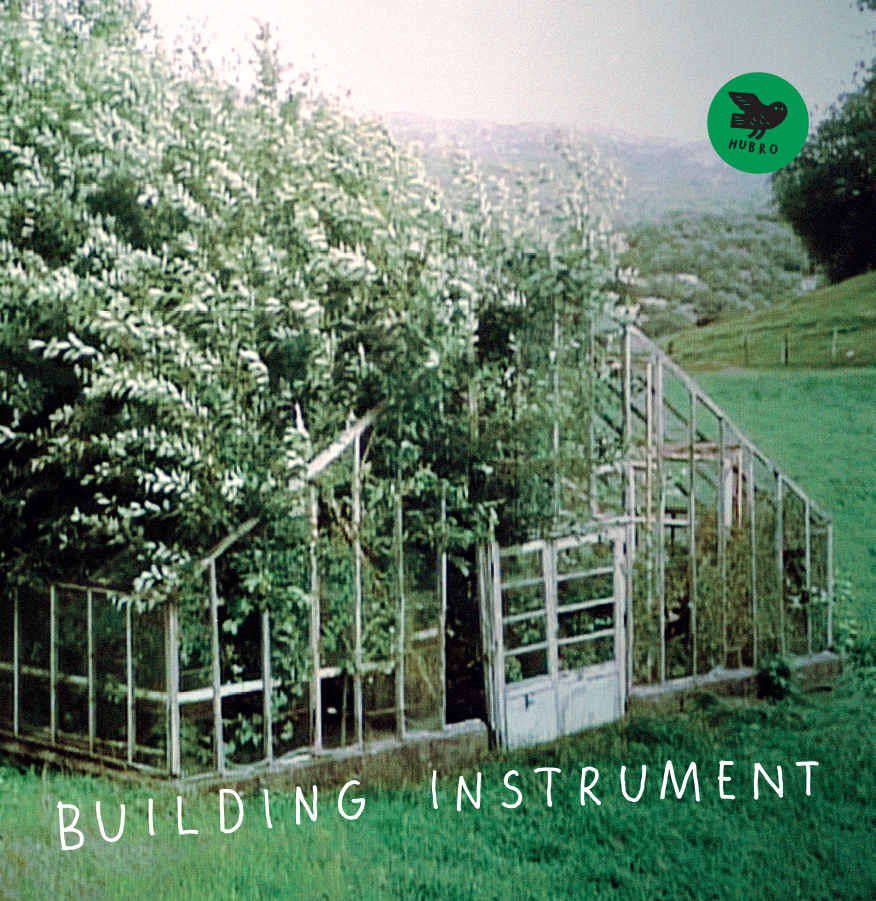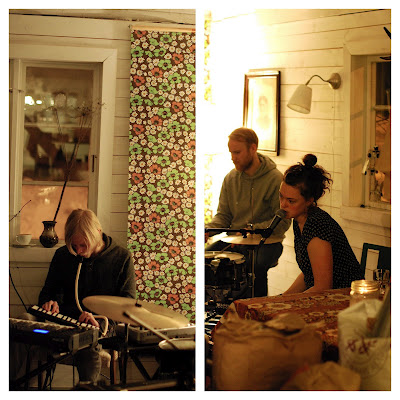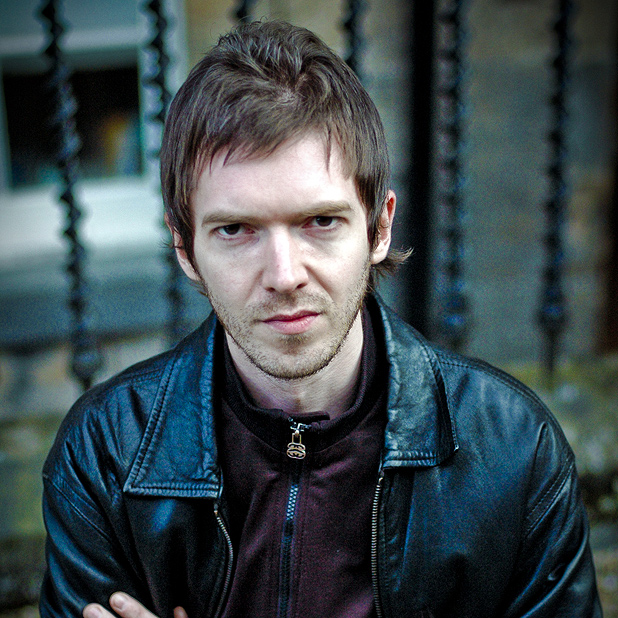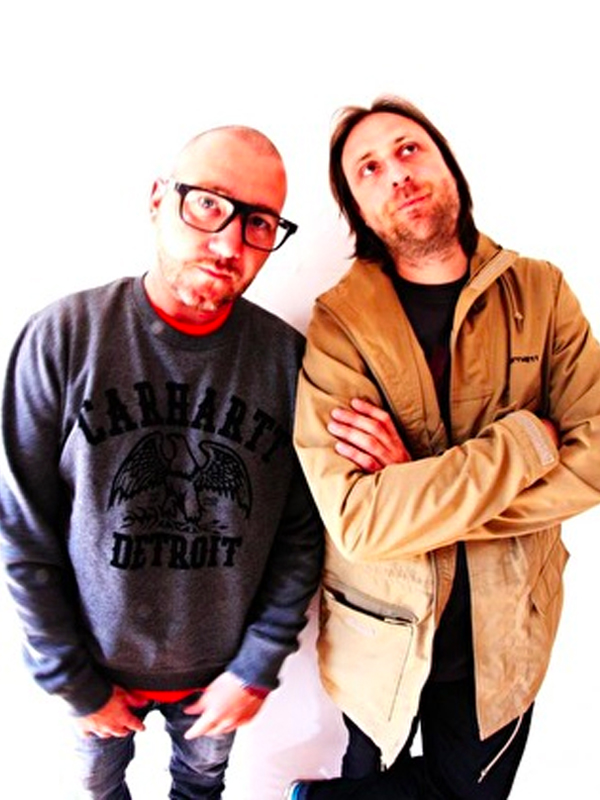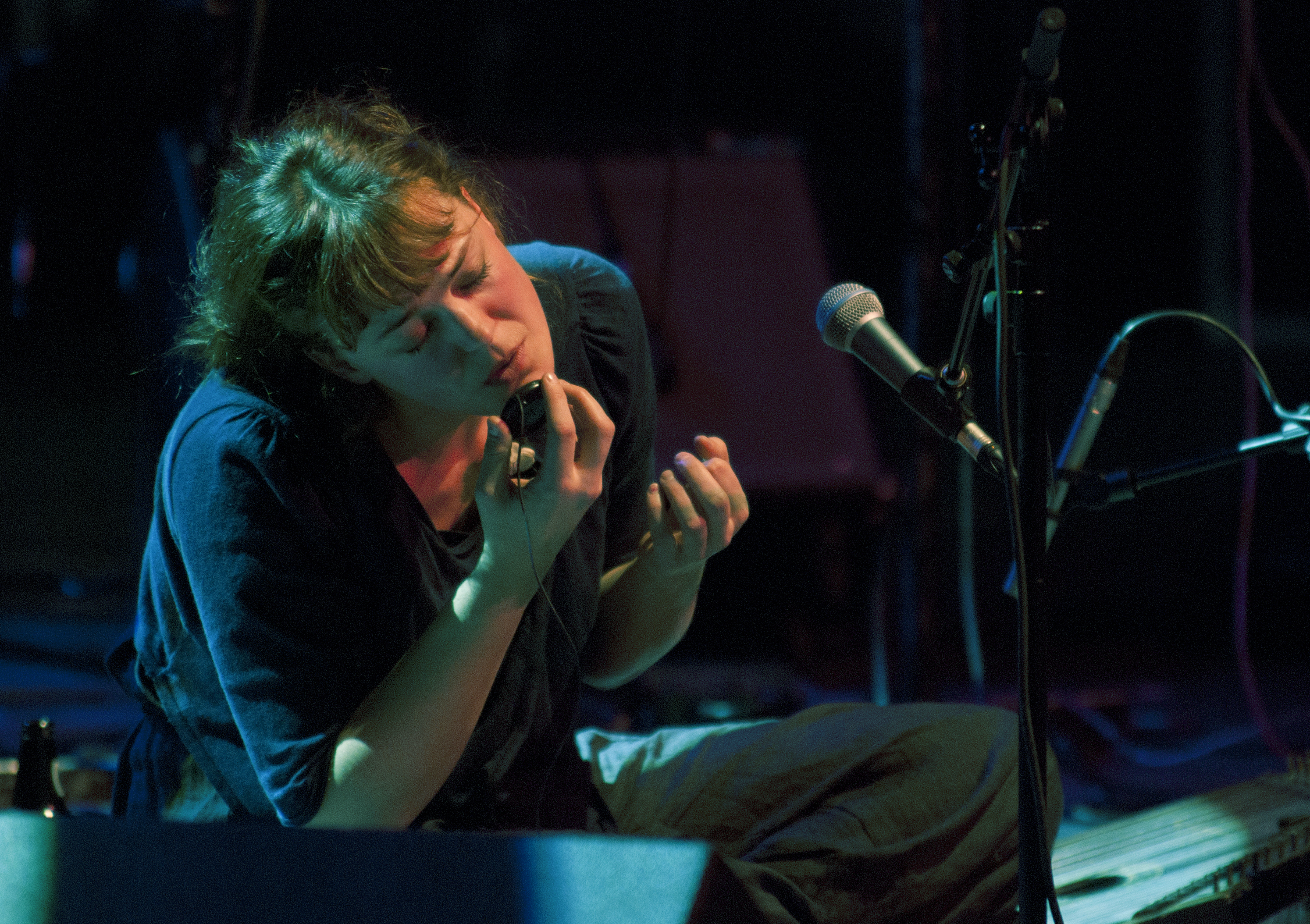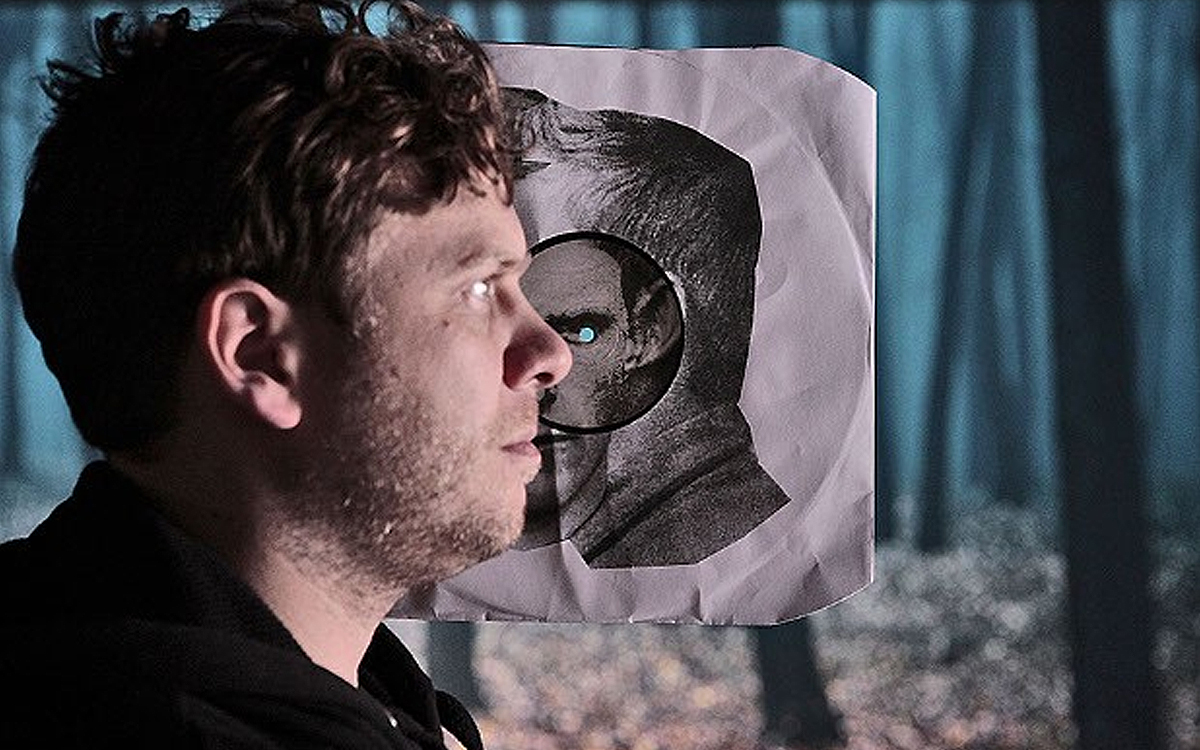If you listened to the Ricoshëi mixes we posted a couple of weeks back, you’ll undoubtedly remember the Ricardo Villalobos remix of Mari Kvien Brunvoll’s ‘Everywhere You Go’. It’s epic. After hearing it for the first time I instantly fell in love with that hypnotic voice, as I’m sure many people have done before me!
The original version of ‘Everywhere You Go’ is taken from Mari’s debut, self-titled album and….well….just listen for yourself.
Naturally, we wanted to find out more about this hugely talented musician and we learned that Mari has a new album on the way, as one third of the Norwegian trio, ‘Building Instrument’. We were lucky enough to get a preview of the album and we had the opportunity to dig a little deeper and ask Mari a few questions about her past, present and future.
Here’s what she had to say:
YAMB: Let’s go right back to the beginning – where and when did you first discover your incredible musical talent?
Mari: I don’t know if I thought so much about being talented or not, it just felt natural to sing and make music, and I sang a lot by myself as a child. I wrote my first (silly) love song when I was 12. And I started studying music at high school, where I joined a jazz band. I think I felt it already then that music was something I would be doing for the rest of my life, that it would be important to me in some way.
YAMB: Has music always been a big part of your life?
Mari: I grew up with a singer and music teacher for a mum, so I guess being interested in music came natural to me. There was always music all around, especially jazz music. I grew up in Molde, a small city that has a big and quite famous jazz festival each year. They presented loads of high quality alternative music, which was very interesting and impressive to me, as a small town girl.
YAMB: Is there anyone in particular, past or present, who you think influences the music you make today?
Mari: I guess my mum has influenced me when it comes to the attitude towards music and art. She was always very open minded, and she has been quite experimental with her own work, during my childhood years. And hearing the unique Norwegian singers Sidsel Endresen, Maja Ratkje or Per Jørgensen has been very inspiring. When I heard them, I also wanted to find my own voice and personal expression. I have always been fascinated by folk music from different corners of the world. Indian music, various African music, old blues. And hip hop music and electronica and avant-garde and classical music. I have never been a fan of one particular genre. I just like to listen to music that speaks to the body, or directly to the heart.
YAMB: So, your debut, self-titled album came out back in 2012. For anyone who hasn’t heard the album, what can they expect?
Mari: The album is recorded live in concert. I use electronics like live sampling and effect pedals to sing in many layers and to create bass lines and beats, like a one woman orchestra. Most of what you hear is my voice, and nothing is pre-recorded. It is hard for me to put it in a genre, but you can hear traces of music that have inspired me, like what I mentioned earlier. There are hip-hop beats, and bluesy lines, pop melodies and ambient soundscapes
YAMB: The best-known track from the album is probably ‘Everywhere You Go’. Can you tell us a bit about the track and why do you think this really stood out for a lot of people?
Mari: I don’t know. It is a bit hard to speak about my own work that way. I feel the melody can go on and on for quite some time without getting tired of it. That is something I appreciate with good hip hop music, the magical samples that can go on and on-and you just want them to last even longer. Like some of J Dilla or Madlib’s music. Also Four Tet has some super nice music like that.
YAMB: We have to mention that Ricardo Villalobos reworked that track at the end of last year. How did this come about? Were you happy with the end result?-
Mari: I love the work Ricardo has done with this song, and the whole new piece he has made out of it. It is deep and cool and strange. He is fantastic, and I feel very lucky and happy that he just stumbled over my music like that, and that he got so much inspired by it.
YAMB: How do you feel in general about other artists remixing your music?
Mari: I think this is very interesting and very fun, if it is well done, of course. I usually work with live sampling of myself, and it is fascinating to hear how other people would choose to resample me. When it comes to copyrights etc, I think it’s cool if they ask me before they use it or perform it.
YAMB: From what we’ve seen of your live performances, you seem to have quite a lot of equipment with you on stage. What’s a regular set up for you?
Mari: Usually when I play I bring a sampler, an effect pedal, a vocal mic, and another mic with a totally different sound. I often bring a small bag of percussion, a kalimba and a zither. Sometimes I bring other stuff, like a cassette player or other fun devices.
YAMB: Your latest project is an album as one third of Building Instrument, along with Åsmund Weltzien and Øyvind Hegg-Lunde. How would you say this album compares to your solo output?
Mari: The most obvious difference is the language. I started writing in my main language, Norwegian, when we started this band years ago. Also in this project we have Åsmund’s synths and Øyvind’s drums, which of course has a bit different sound than my voice-based music, which is only the sound of me alone. This trio project is a mix of personalities and tastes, of all three of us.
YAMB: What made you decide to sing in Norwegian for this album?
Mari: It just suddenly happened, maybe as a result of some work I did with Norwegian vocal folk music, and singing and writing in my mother tongue became more and more natural to me. When we started the trio back when we were still studying music together in the academy, I found it very interesting to try to use Norwegian as a way to create a new sound. And thought it was cool to be able to use different languages in music.
YAMB: The album feels very experimental, and I’m struggling to find a suitable genre for the sound. Can you help me out?!
Mari: Sorry, I don’t think I can. We have so many different interests, and they melt together in a new expression, I guess. But much of the music is rhythmical and the melodies are kind of simple, in my opinion – a bit like folk music melodies. Some might say it sounds like some kind of sampled-based music, only it is played, and not sampled. Øyvind has for instance been to Gambia to study some of the music there, and I have a special interest in Indian music, and have spent some time there. Åsmund is a super jazz pianist, but he has so many other sides too. And we have only one rule, that it should feel right and authentic.
YAMB: I read somewhere that the original idea behind Building Instrument was to explore electronic sounds, but you soon chose to go down a more traditional route. How did this happen?
Mari: No, I don’t think we went down a more traditional route, we just followed what inspired us. So the idea of focusing mainly on electronics became too narrow and we started mixing electronics with acoustic sounds, a small drum, a zither, and we tried to make Åsmund’s synths sound like a mix of something electronic and acoustic at the same time. I guess we just left the “research approach”, and followed the intuition.
YAMB: Do you guys plan to take the album on the road? Any shows in the UK perhaps?
Mari: We would love to come to the UK! We’ll definitely try to make it happen! We’ll play mostly in Norway this year, but we really hope we will get the chance to take this project abroad. I think it is very cool to sing to non-Norwegians in my own language. Then the focus on the sound of the language gets even more important.
YAMB: What’s next for you in 2014?
Mari: I just became a mother to a little baby girl, so this spring I’ll mostly take it easy here in Bergen. But I’ll start working on my second solo album and continue playing concerts with my solo-, duo- and trio projects after the summer.
YAMB: Is there anything else that’s happening in music right that you think our readers should know about?
Mari: I think the Bergen-based improvised music trio 1982 has some very beautiful music (Hubro) worth checking out. Quite interesting set up; small pump organ, drums and hardanger fiddles. The duo Alog is also super. Check out my favourite track from their album ‘Unemployed’ (Rune Grammofon) ‘Bømlo Brenn Om Natta’:
YAMB: One last question – if you could banish one track to hell for eternity?
Mari: Oh, I am afraid to hurt any composer. But I am not a big fan of ‘Tom Dooley’!
A huge thanks to the lovely Mari for taking the time to answer our questions. I highly recommend the new Building Instrument album, which is out now on Hubro. You can preview and buy the album here.
Image Credit: Åse Holte

